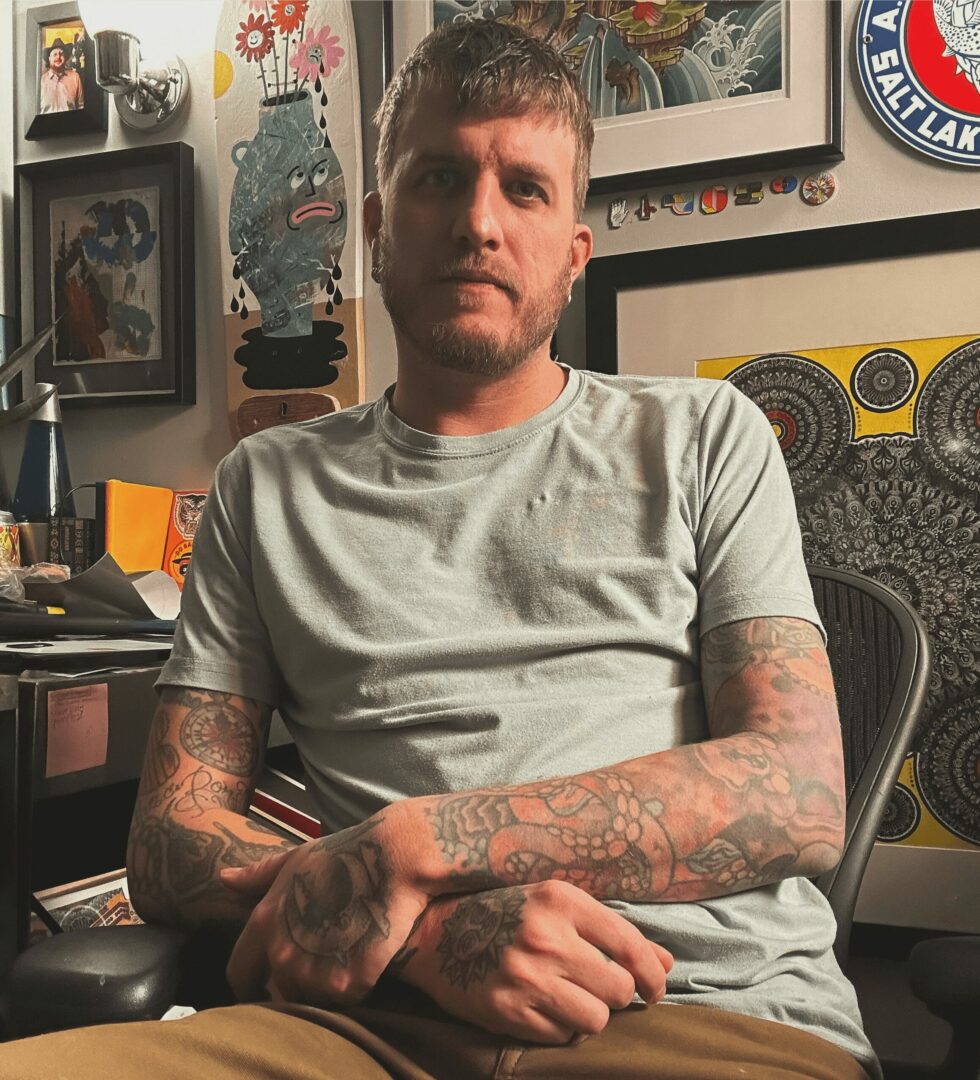We caught up with the brilliant and insightful Eric Fairclough a few weeks ago and have shared our conversation below.
Hi Eric , thank you so much for opening up with us about some important, but sometimes personal topics. One that really matters to us is overcoming Imposter Syndrome because we’ve seen how so many people are held back in life because of this and so we’d really appreciate hearing about how you overcame Imposter Syndrome.
For me, imposter syndrome comes and goes in waves. Sometimes I feel like I’m flailing, trying to succeed in the art world even though I don’t belong. Other times I feel like I’m the best artist on the planet and deserve success.
For me, overcoming those negative thoughts that I don’t belong comes down to just getting to work. Putting my head down and enjoying my process and tuning out any outside noise as best as I can.
I have spent a lot of years working on my craft, and those years of hard work continue to give me the confidence that I do in fact belong and that I do deserve to succeed and flourish in this path I’m on.
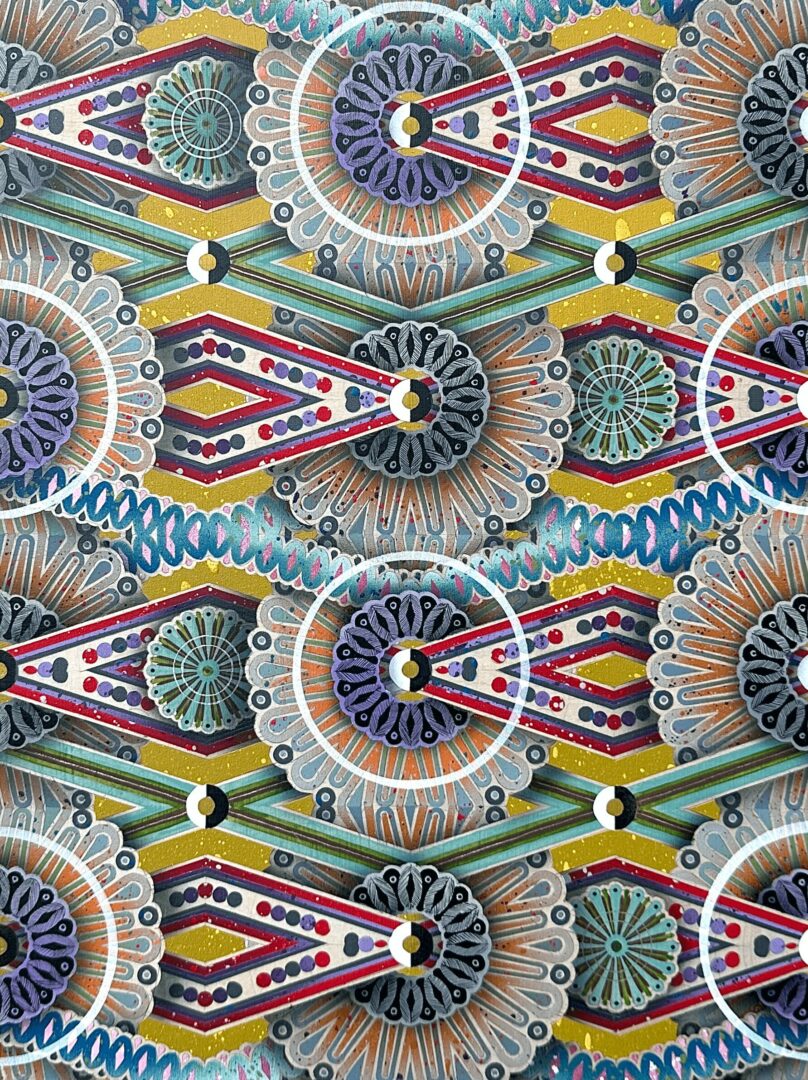
Thanks, so before we move on maybe you can share a bit more about yourself?
My career as an artist began almost 15 years ago now when I casually started making drawings at my day job at a call center between calls.
I developed an obsession with geometric art – mainly with tattoo artists creating dotwork mandala tattoos – and decided to try and recreate some of what I was seeing with pen and paper.
Over the years I have developed my own style within the very large world of geometric art. I’ve spent years working on my own process that is very unique and the voice I’ve created with my art has become something I’m very proud of.
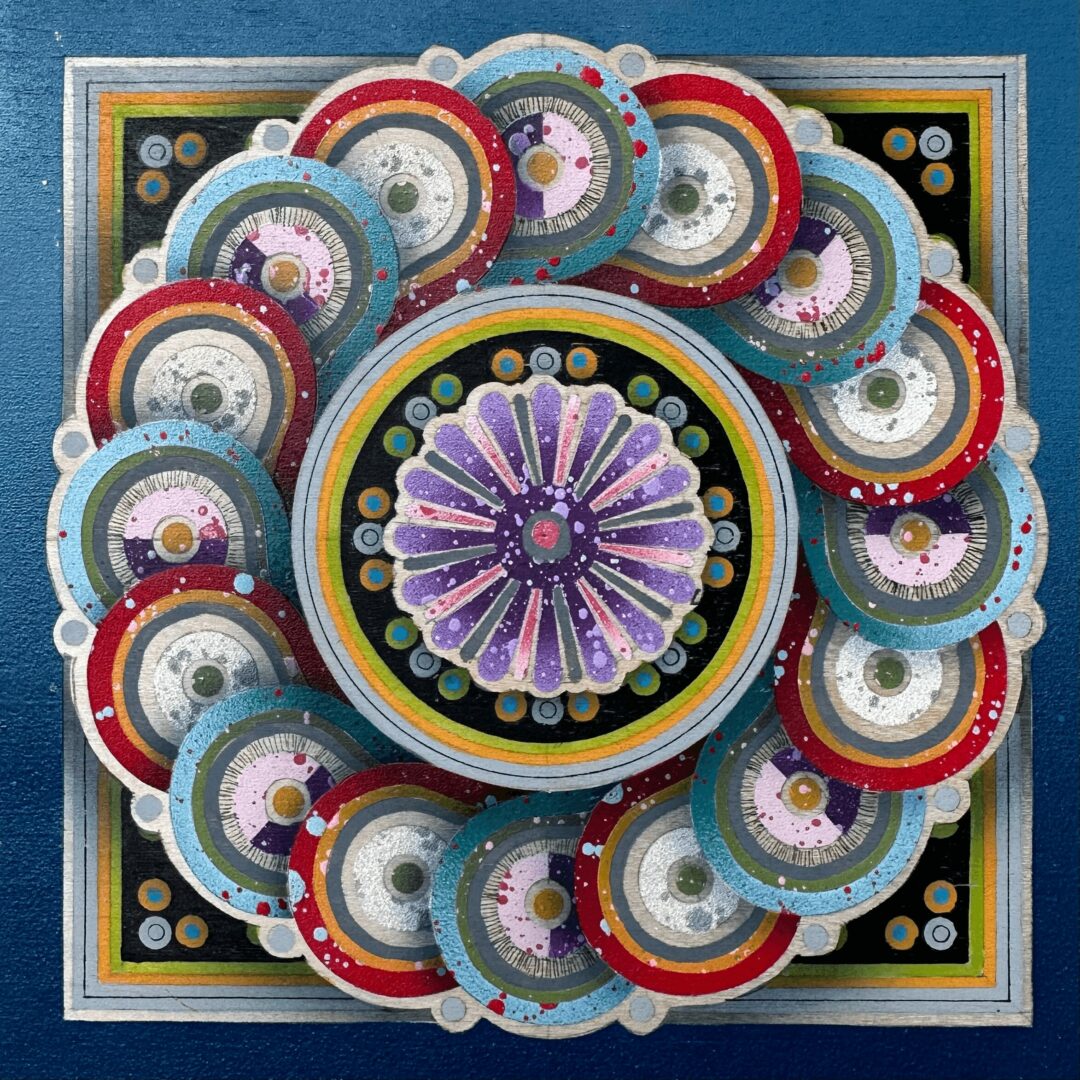
There is so much advice out there about all the different skills and qualities folks need to develop in order to succeed in today’s highly competitive environment and often it can feel overwhelming. So, if we had to break it down to just the three that matter most, which three skills or qualities would you focus on?
Consistency – this to me is the most important part of being a creative. Work on your art as often as possible, even when you don’t feel like it. Even when you feel down and out or that you want to give up. The consistency I’ve had over the years allowed me to learn and grow exponentially.
Resiliency – when you are a creative, you are bound to have many many failures. Learning to deal with those failures and learning from mistakes will help you immensely. Dwelling on mistakes and rejections will only hamper your ability to continue making things. Understanding that it’s all just part of the game, and not taking things personally (no matter how hard that may be) is key to getting where you want to be.
Networking – this one was the hardest skill for me to learn personally, but also one of the more beneficial skills I have had to learn. Much like anything in life, it’s all about who you know and how you use those relationships to help your career. Meeting other like minded creatives has helped me so much. The feeling of community is something that to me is invaluable.
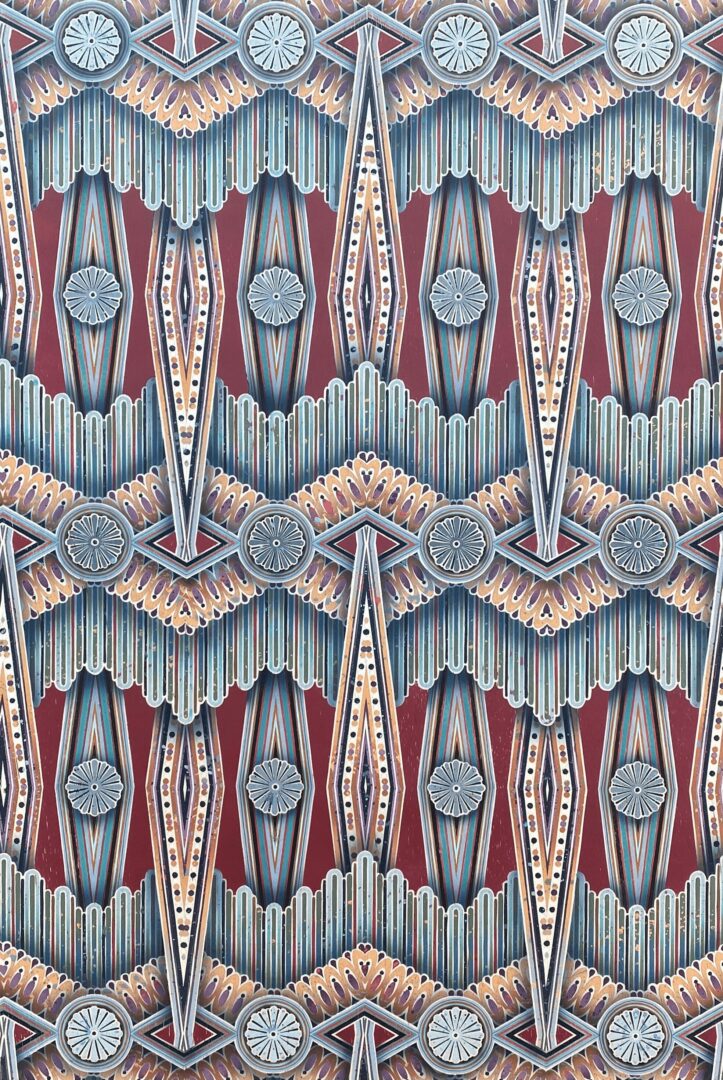
How would you describe your ideal client?
For me, an ideal client is someone who appreciates my vision and allows me to do my thing. Someone’s who works with me to come up with the best idea for the situation and gives me the freedom to create within that vision.
As an artist, working with bands I love would be the ultimate client. Music is such a massive inspiration for me in all aspects of life and being able to help a band realize the visual aspect of their music would be very rewarding.
Contact Info:
- Website: https://www.ericfaircloughart.com
- Instagram: @eric.fairclough
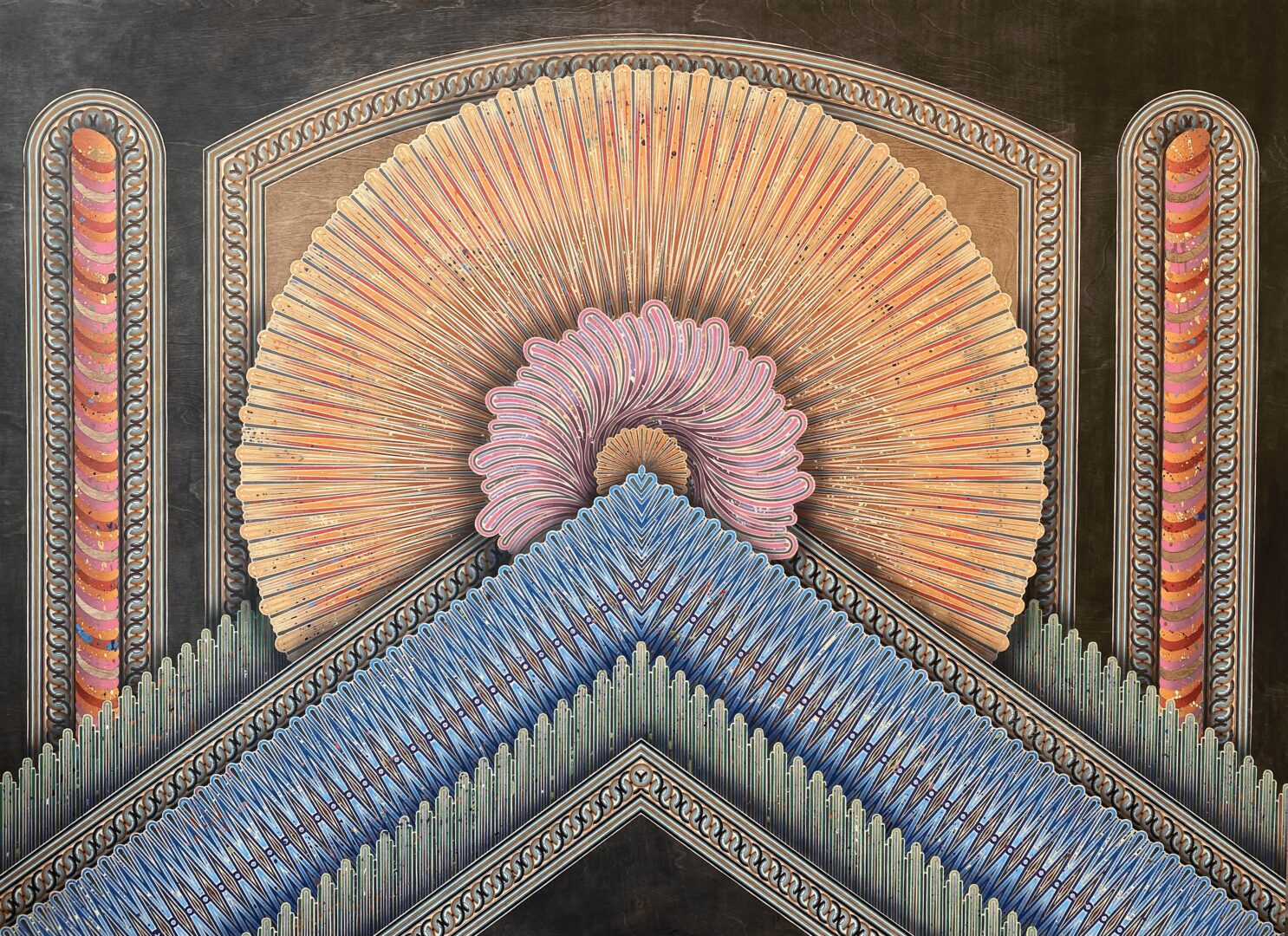
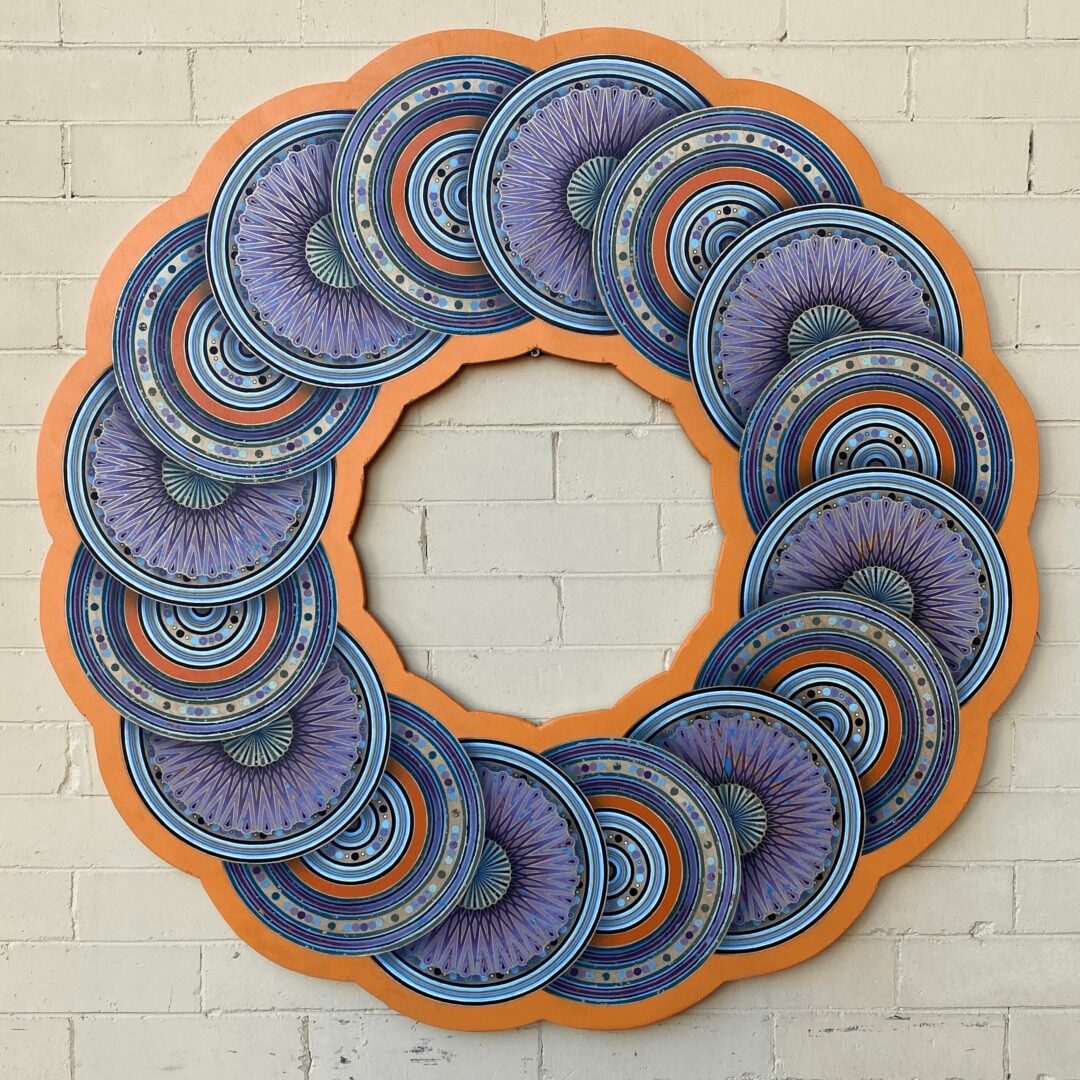
so if you or someone you know deserves recognition please let us know here.

